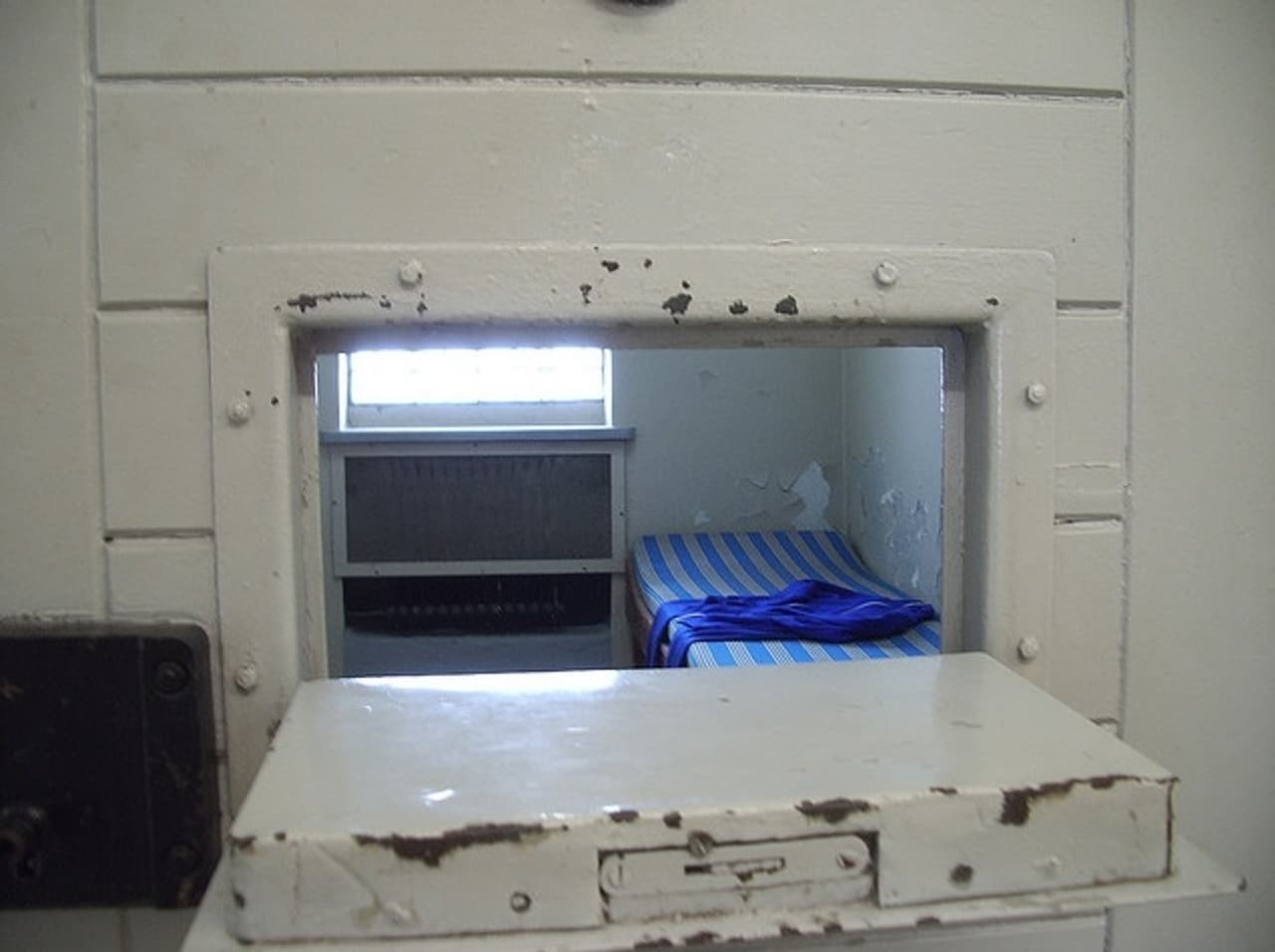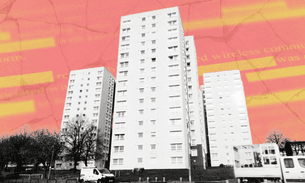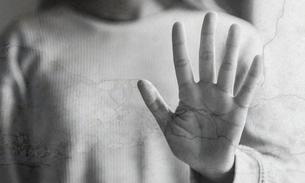
Analysis: Extension of law will make police more accountable
Since 1990, inquest juries have returned “unlawful killing” verdicts for twelve deaths in state custody, yet none have lead to a successful criminal prosecution.
New powers brought into force on Thursday will help bridge this glaring gap in state accountability.
The legislation means that not only can individual police or prison officers be brought to trial for breaching their duty of care, but so can the force or prison whose systems allowed those breaches to take place.
The powers extend the provisions of the Corporate Manslaughter and Corporate Homicide Act to state agencies such as prisons, police forces and the UK Border Agency.
In short, this means that even when the structure of an organisation’s decision-making makes it impossible to pin blame on a single individual, a conviction can be brought against the organisation as a whole for allowing negligent practices to continue.
A major on-going investigation by the Bureau into deaths in police custody has found an historical timidity by the state to prosecute its own when someone dies after contact with the police.
It is hoped that the new powers, though not retroactive, will in the future help bring some justice to the families of people such as Leon Patterson.
Leon died in 1992 after being left naked, incoherent and covered in injuries on the stone floor of a Manchester police cell for 20 hours.
Face down and incontinent
The coroner at the inquest into his death said he was “amazed” that a police doctor had left him in that condition without even suggesting he be covered by a blanket or given a mattress. He died later that day.
Despite three inquests, the final one handing down a verdict of “misadventure by neglect”, no-one has ever been charged over his death.
The powers may also help bring justice to the families of people like Christopher Alder who died in 1998.
Christopher was partially dragged and partially carried from the back of a police van into a Hull police station, then left face down on the floor of his cell, doubly incontinent and naked from the waist down.
The inquest saw CCTV footage of police speculating loudly that he is faking his illness. Eleven minutes later it was noticed he was not breathing.
No-one has been successfully prosecuted for a failure in their duty of care that led to Christopher’s death.
The powers that come into force this week, after a long campaign by INQUEST and families of the bereaved, still require a high burden of proof and may affect only a few cases.
But they are an important signal that the state must be held fully accountable for those who die while under its control.




